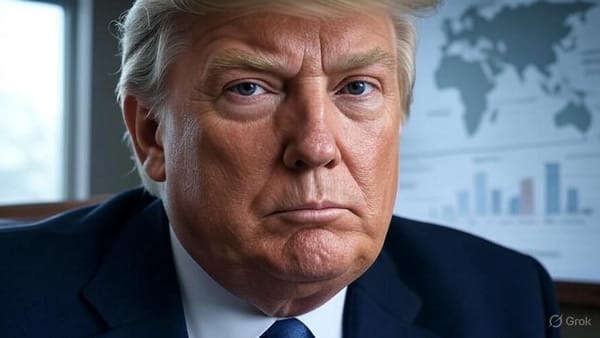Saudi Arabia and Iran Agree to Restore Diplomatic Ties: What Does It Mean for the Middle East?

On March 10th, an unexpected development emerged from a summit in Beijing, China, where Saudi Arabia and Iran reportedly agreed to restore their diplomatic relations. This marks a significant step towards de-escalating the longstanding rivalry between the two nations, which have been at odds with each other for years, with conflicts ranging from political differences to proxy wars in the Middle East.
However, this agreement has wider implications beyond just the two nations. Here are some thoughts on what it could mean for the region and the world:
Saudi Arabia playing a big role in the discourse of energy and the potential implications for China
Saudi Arabia is a major player in the global energy market, and has traditionally had close ties with the United States. However, China is emerging as a major competitor to the US in this arena, and is seeking to increase its influence in the Middle East region, which is rich in oil and natural gas reserves. With China having a lower hand in this discourse with its competitor USA, it would be more beneficial for China to have more influence in the Middle East region. The reported restoration of diplomatic ties between Saudi Arabia and Iran may allow China to play a more prominent role in regional diplomacy and potentially gain more leverage in the energy market.
This could also be seen as a response to the Abraham Accords between Israel and some of the Arabian countries within the Persian Gulf region. Those agreements have effectively aligned those countries with the US and Israel, leaving China with fewer allies in the region. By brokering this agreement, China is demonstrating its ability to be a neutral mediator in the region and potentially opening new opportunities for economic and political influence.
Boost for Saudi Arabia in business development
The Yemen war has been a major drain on Saudi Arabia's resources, and the restoration of diplomatic ties with Iran could potentially lead to a de-escalation of the conflict, which has been fueled in part by Iranian support for the Houthi rebels. This would allow Saudi Arabia to redirect resources towards other areas, such as business development. Additionally, an end to the Yemen conflict could help to improve Saudi Arabia's image on the global stage and potentially attract more investment.
Islamic Republic of Iran's side
It is unclear what Iran hopes to achieve by restoring diplomatic ties with Saudi Arabia. One possible motivation could be to secure Saudi Arabia's support for Iran's opposition to the uprisings of women in Iran, which have gained global attention under the banner of Woman Life Freedom. However, given the isolation of the Islamic Republic due to US policies, it is not clear if this kind of deal can be easily proceeded by the Arabian side. Furthermore, it is not yet clear if the two nations will restore their import/export within this agreement.
In conclusion, the restoration of diplomatic ties between Saudi Arabia and Iran is a significant development that could have important implications for the region and the world. It remains to be seen how this agreement will develop in the coming months and years, and whether it will lead to lasting peace and stability in the region.



